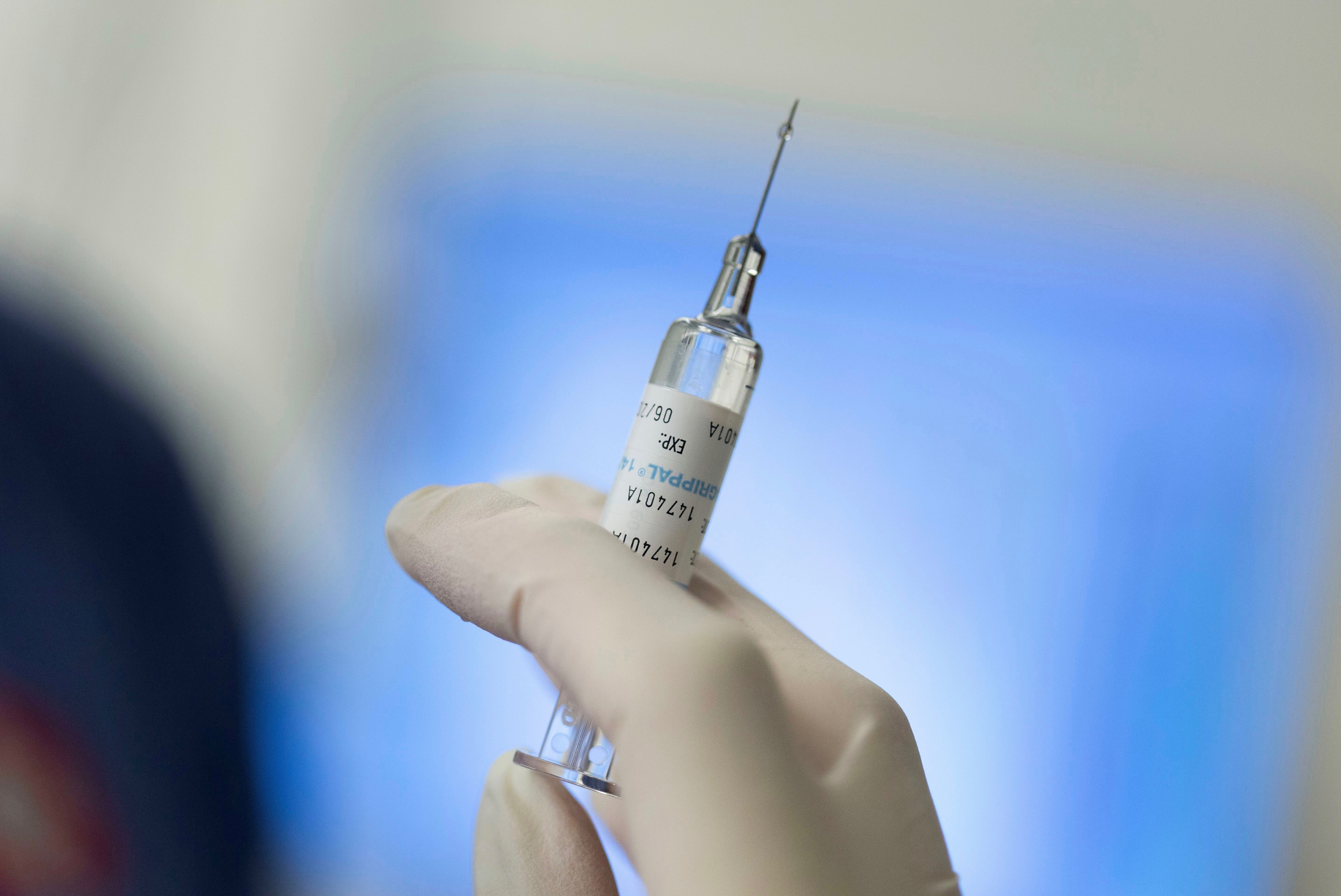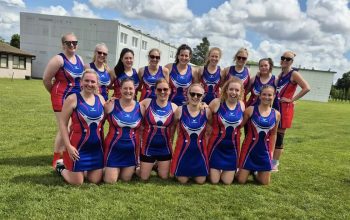Researchers at the University of Oxford are calling for volunteers to participate in a clinical trial to test a vaccine that could prevent COVID-19.
A team of scientists at the university started working on a vaccine to prevent COVID-19 in January 2020 and have now identified a vaccine candidate to be tested through a clinical trial.
A spokesperson for the university said: “Researchers at Oxford University are working with great care, and due haste, in developing a new vaccine for coronavirus.
“If proven effective, a safe coronavirus vaccine could provide an exit strategy for the pandemic and save lives.”
This week the university made an appeal via social media for healthy volunteers aged 18-55 who live in the Thames Valley area to participate in the trial.
Researchers are seeking up to 510 volunteers who will receive either the vaccine, called ChAdOx1 nCoV-19, or a control injection for comparison.
The aim of the trial is to provide information on the safety of the vaccine and its ability to create immunity against the virus.
While screening for the trial has already begun, those who are eligible to take part will not receive the vaccine until a few weeks’ time.
The trial, which has been approved by UK regulators and ethical reviewers, is being run by the Jenner Institute and Oxford Vaccine Group, departments within the university that develop and study vaccines for children and adults.
The team includes scientists who developed vaccines against Ebola and Middle East Respiratory Syndrome (MERS), another human coronavirus disease.
Director of the Jenner Institute Professor Adrian Hill said: “This is an even greater challenge.
“Vaccines are being designed from scratch and progressed at an unprecedented rate.
“The upcoming trial will be critical for assessing the feasibility of vaccination against COVID-19 and could lead to early deployment.”

The vaccine consists of a chimpanzee adenovirus vaccine vector developed at the University of Oxford.
A spokesperson said: “It can generate a strong immune response from one dose and it is not a replicating virus, so it cannot cause an ongoing infection in the vaccinated individual.
“This also makes it safer to give to children, the elderly and anyone with a pre-existing condition such as diabetes.
“Chimpanzee adenoviral vectors are a very well-studied vaccine type, having been used safely in thousands of subjects, from one week to 90 years of age, in vaccines targeting over 10 different diseases.”
The vaccine is already in production but will not be available for a few weeks.
Dr Sandy Douglas, who is in charge of manufacturing the vaccine at a large scale, said:
“The scale of this epidemic poses a huge challenge for vaccine manufacturing.
“We need to follow rigorous safety standards and that takes time.
“By starting work on large-scale manufacturing immediately, we hope to accelerate the availability of high quality, safe vaccine.”





